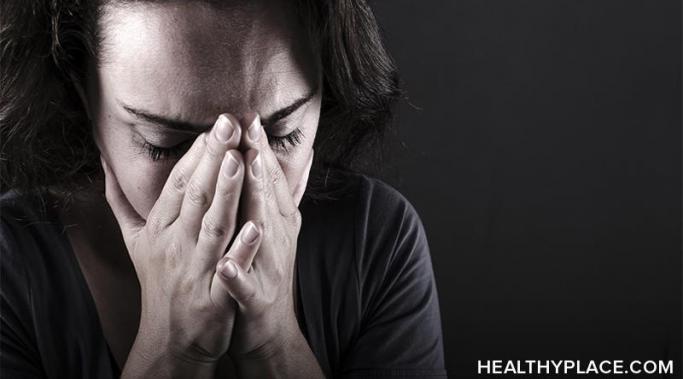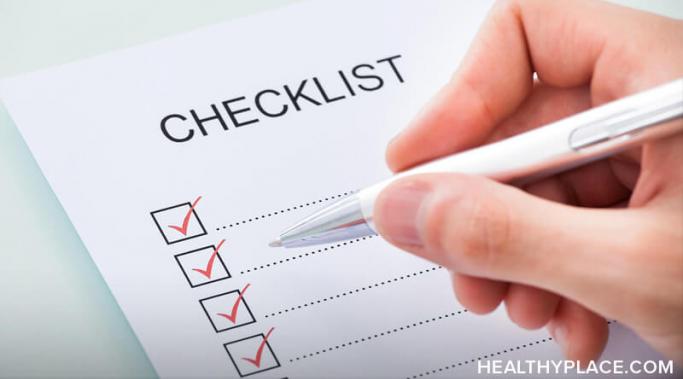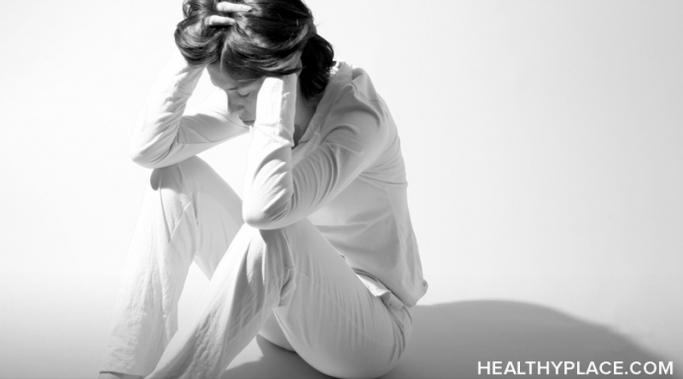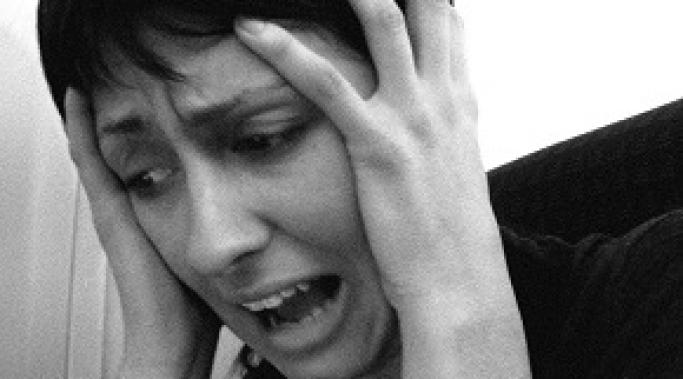Life after a panic attack or anxiety attack, no matter how intense, doesn't have to be miserable. Here's a look at the lingering effects of these experiences and how you can regain control.
PD
A panic attack or anxiety attack is an intense but short-lived experience of gripping anxiety. These attacks can be severe, causing a host of miserable symptoms. While the actual attack doesn't last long, typically peaking in about 10 minutes but sometimes lasting a bit longer, the effects can continue and make life after a panic attack or anxiety attack miserable and difficult. Knowing what to expect during and after a panic attack can help you minimize and shorten the recovery time and move forward more easily and positively.
If you've experienced panic attacks, what do you do when you're panicking? That might seem like an odd question, but a certain answer can help you bring them to an end no matter their cause or the symptoms you feel. This may or may not be surprising: adopting a new perspective can shape what you do when you're panicking, and ultimately reduce the intensity and frequency of anxiety or panic attacks.
Imagine weakening panic attacks and anxiety attacks simply by being nice to yourself, also known as practicing self-compassion. Both panic attacks and anxiety attacks are intense experiences of severe anxiety that effectively paralyze people, trapping them in severe physical, emotional, and cognitive discomfort. These whole-being strikes are disruptive to life and painful to experience. While often severe, meeting panic attacks and anxiety attacks with self-compassion weakens them and lessens their negative effects.
You probably want to control anxiety attacks and panic attacks because they are frightening experiences that make anyone who has them feel out of control. Of course people feel out of control with anxiety attacks. They are all-consuming. It’s as if the world shrinks around us like cling wrap -- squeezing, crushing, and suffocating us. And at the very same time, panic attacks make the world feel like it’s growing bigger and bigger so that there’s nothing to ground us, leaving us to spiral dizzyingly out of control. Is it even possible to control this terrible aspect of anxiety? Happily, there is. This checklist can be your guide to control anxiety attacks or panic attacks.
People who live with anxiety and panic know that panic and anxiety attacks are real. Unfortunately, not everyone understands that panic attacks and anxiety attacks are legitimate physical and emotional experiences. Recently, I was watching a show in which a character’s doctor informed him that he had had a panic attack. When this character told his sister, she exclaimed in disbelief, “Are those a thing? I thought panic attacks were something made up by celebrities for attention.” To help increase understanding, I offer an explanation for why panic attacks and anxiety attacks are real.
Many people living with panic disorder wonder, "Why am I panicking?" Panic attacks can be frightening and frustrating and emotionally and physically painful; it makes sense to want relief from and help with panic attacks. After all, the symptoms of panic disorder are awful to live with. Even worse, sometimes it can seem like there's no reason for them, no explanation at all. When they continue to strike, seemingly out of the blue, it's normal to bemoan, "Why am I panicking?" Believe it or not, there can be multiple hidden trauma triggers and other reasons for panic attacks.
A few days ago, I had a panic attack and I can safely say it is the worst one I have ever had. Panic attacks and anxiety, in general, are nothing new. A couple times a month, I will succumb to the anxiety that builds inside me. There are also anxiety triggers that hang over my head and surprise me from time-to-time. But the room spinning, fight or flight, lose consciousness type of panic attacks I thought were long in the rearview mirror. It's good to know, even after all these years, anxiety can still surprise me.
I have experienced more panic attacks than I can count. On average, I have one panic attack per week, and that is after panic attack treatment. Before I knew what was happening to me, I was experiencing panic attacks multiple times per week. Because I am a social person, I often experience these attacks around other people. This has made me very good at explaining, in layman’s terms, exactly what a panic attack is.
If you've ever had a panic attack, you know what it’s like. You’re just going about your life, perhaps in class or a meeting or a store or somewhere else, even home, when bam! Out of the blue, your heart begins to pound and your head begins to swim. The world around you blurs. Your hands shake and sweat. You can’t breathe, and your chest constricts painfully. The ground wobbles, making it all the more difficult for your weak legs to keep you steady. You’re nauseated and oh god you don’t want to get sick. And as if symptoms like these (they can vary a bit from person to person) aren't horrible enough, on top of all this you begin to doubt and question yourself.









